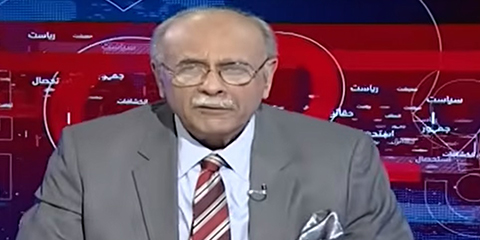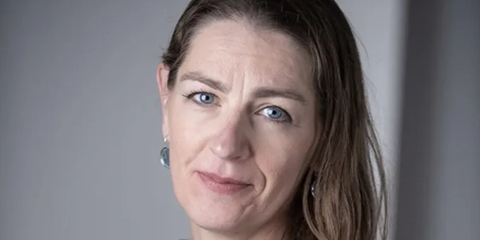Rafique (Feica)
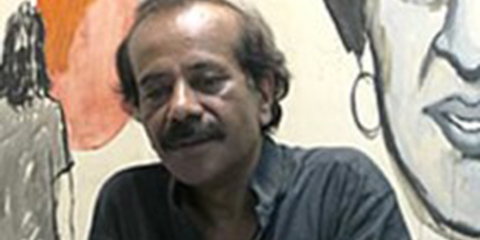
Born in 1957 in Multan, Feica started his schooling there, but could never take to studies. According to him, he was "only interested in drawing".
He credits his father for allowing him to pursue his dream and as soon as he passed his Matriculation exams, he simply picked up a bag and some money, and landed in Lahore. He had seen an NCA advertisement in a newspaper and armed with around 50 drawings in his portfolio, he applied for admission to the college. This was way back in 1973-74, when NCA admitted students who had cleared Matric exams.
In 1979 he joined The Muslim under Mushahid Hussain, and also started drawing for Zafar Sultani’s Ravish. He moved to Karachi to work in The Star in early 1980s.
It was at The Star that Feica’s career took off and, in his words, was “the beginning of my serious career as a cartoonist.” Feica also started freelancing with other publications like Dawn and the Herald, and teamed up with Anwar Maqsood to do cartoons for Hurriyet, the group’s Urdu newspaper. This was the time when Yousuf Lodhi – popularly known as Vai Ell – the political cartoonist par excellence also joined The Star, which was making waves despite the repression.
Feica left Star in 1986, went back to The Muslim in Islamabad, and then moved to the Frontier Post in Peshawar in 1987. There again he was joined by Vai Ell and Zahoor, who came in as an illustrator and became a cartoonist when Feica moved to Lahore in 1988.
Somewhere along the way, he morphed from Rafique to Feica (short for Rafique), asking his editor to come up with the correct spellings of ‘Feica’ which incidentally is used as a pet name in Punjab for Rafique.
Another visible change, along with his new signature, was the addition of a balding character in his caricatures. Earlier, there was just the roving crow that was an incredulous witness to the events being portrayed by Feica.
Feica became friends with an American girl there and followed her to the US, where he spent the next two-and-a half years of his life, visiting museums and art galleries, and working. The year 1992 marked the end of his US sojourn and upon his return, the late Najma Babar introduced him to the then editor of Dawn, Ahmed Ali Khan, who hired him. He has been a part of Dawn since then.
Source: Excerpts from an article published in Newsline in December 2011
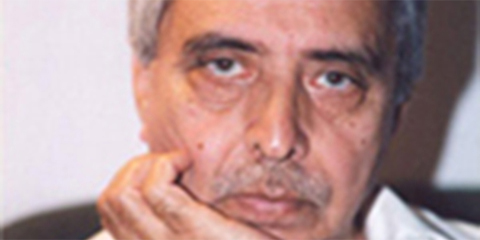
Khalid Hasan (1935-2009)
Khalid Hasan was a senior Pakistani journalist and writer. He was born in Srinagar, Kashmir. He was the brother in law of the first elected president of Azad Jammu & Kashmir K H Khurshid, private secretary

Zakir Hussain Syed (1939-2013)
Zakir Hussain Syed, affectionately called Zak, was an internationally renowned sports administrator, broadcaster and journalist. Born in the town of Sialkot on November 1, 1939, Zakir had his initial schooling at Rawalpindi's Denny's High School.
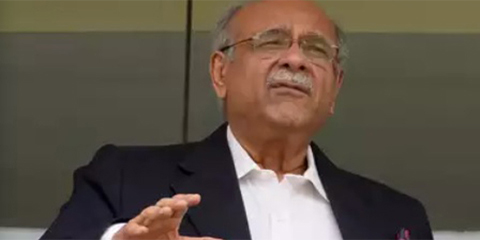
Najam Sethi
Najam Sethi is an award-winning journalist and media personality. He is the Editor-in-Chief of The Friday Times, a Lahore-based political weekly. He was previously the Editor of Daily Times and
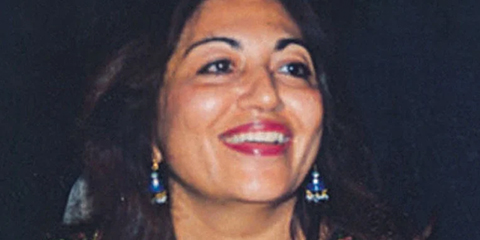
Razia Bhatti (1944-1996)
Razia Bhatti has been described as a crusader, a torch-bearer, and a symbol of courage. In 1996, the Pakistan Press Foundation called her untimely death at the age of 52 an 'end of a golden chapter of journalism in Pakistan.'

Altaf Husain (1900-1968)
One of the pioneers of journalism in Pakistan, Altaf first came to notice with his forceful advocacy of Indian Muslims' case in colonial India through articles in the press (as a government servant he
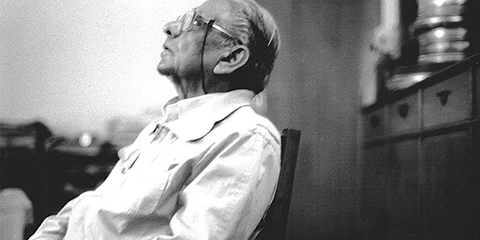
Anwar Ali (1922-2004)
Anwar Ali, creator of famous character Nanna, was the first newspaper cartoonist associated with The Pakistan Times. Born on April 18, 1922 in Ludhiana, his association with this newspaper
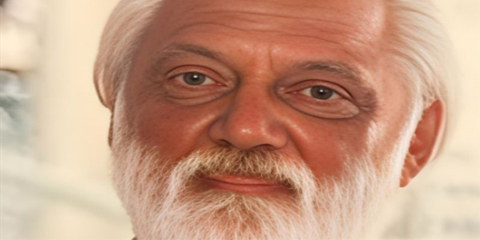
Imtiaz Sipra (1938-2001)
White hair flying with the first touch of air, drooping moustache pure silver with a touch of brown in the middle - brown due to burnt hair because of excessive smoking, Imtiaz Sipra was a phenomenal writer.
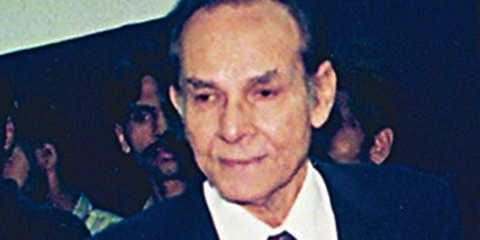
Ahmed Ali Khan (1924-2007)
Born in 1924 in Bhopal, Ahmed Ali Khan's association with Dawn began in Delhi in 1946 and ended in Karachi in 2004. He remained with the newspaper for nearly 42 years - 28 of them as editor
Newsroom

Japan anti-espionage law plan raises media freedom fears
December 14, 2025 Japan plans fast-track anti-espionage and secrecy laws, prompting warnings from legal experts and press advocates that broad rules could chill journalism and weaken source protection.

Washington Post AI podcast sparks accuracy concerns
December 13, 2025 Washington Post launches an AI-personalized podcast that permits user customization but faces staff and industry criticism over accuracy mistakes and journalistic integrity in early rollout.
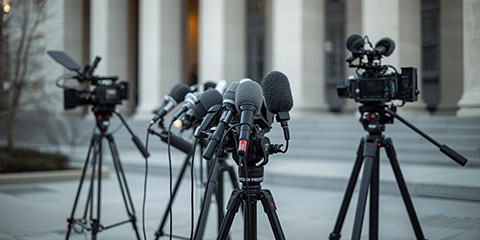
Pope warns Italian intelligence against smearing journalists
December 13, 2025 Pope Francis warns Italian intelligence to avoid smearing journalists and respect confidentiality, amid concerns over spyware, leaks, and surveillance targeting reporters and rights defenders.
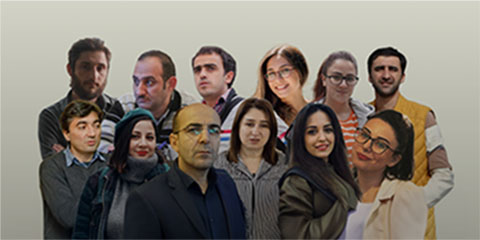
Trial of Meydan TV journalists opens in Baku
December 13, 2025 Trial proceedings against Meydan TV journalists have opened in Baku, raising concerns among press freedom groups about pressure on independent and foreign-funded media outlets.
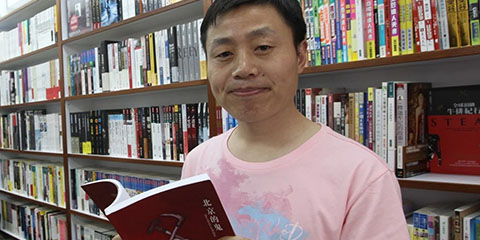
China charges journalist Du Bin under public order offense
December 13, 2025 China has formally charged veteran journalist and documentary maker Du Bin with picking quarrels and provoking trouble, a public order offense critics say is used to silence media.





